Q. Your topic as an internet marketing speaker at the upcoming conference in Las Vegas focuses on convincing the boss to invest in content marketing. Do you find it odd that some people still need convincing? Why or why not?
A. I would only find it odd if I thought content marketing was widely well known, which in the grand scheme of things, it isn’t yet. Within the industry, absolutely – content marketing is known, validated, and a rapidly evolving element of digital marketing. But we’re really only a few years into a wider adoption of content marketing within businesses not in our industry.
What will need to happen now is further education to both marketing managers and their decision makers. People want to know that content marketing really works, so it will be a lot of work to shift into a new paradigm, because that’s what content marketing really is. There are a lot more resources for convincing your boss here: HowtoConvinceYourBoss.com
Q. What are some of the most amusing objections you’ve heard when it comes to investing in content marketing?
A. I get a bit amused when people say “We don’t have time for content marketing.” It’s completely understandable that priorities may be elsewhere, but that’s not really the issue at play most of the time when this objection is brought up.
My snarky answer would be: it’s not that you “don’t have time for content marketing;” you haven’t aligned your priorities correctly. If content marketing was important to you and you truly believed that it could work – you would make time. This is more of an objection that is based in lack of understanding, so once education and commitment is in place, time and priorities will align.
Q. There are loads of definitions for content marketing. As an expert long immersed in the concept, how would you define it?
A. I think it really boils down to these 3 things:
Content marketing is the art of providing relevant, useful content to your customers without selling or interrupting them.
Instead of pitching your products or services, you are delivering information that makes your customers more informed before they buy.
If you deliver consistent, ongoing valuable information to your customers, they ultimately reward you with their business and loyalty.
Q. What are some of the off-base definitions of content marketing you’ve heard?
A. I can’t point to any one definition specifically, but I’ve seen explanations of content marketing that try to straddle the world of advertising and branding, when really the two worlds aren’t that similar and your brand has little place within content marketing.
Traditional advertising is interruptive and more campaign-based, whereas content marketing is the delivery of consistent value in a wide variety of formats that creates a relationship with the audience.
Don’t get me wrong, the two can absolutely work together in powerful ways, but to claim content marketing has inherent traits of traditional, me-me-me strategies is to take away from the very separate paradigm that content marketing inhabits. Remember it all comes down to: help, don’t sell.
Q. If you had a boss dead set against content marketing, how would you pitch the idea to him or her?
A. If a boss were dead set against content marketing, I would first find out why. What is it specifically about content marketing that they don’t agree with? The time commitment, budget, resources, or it is just plain obstinacy (< it happens)? To be able to pitch someone who already has strong held belief, you must find the holes in their understanding so you can fill them…intelligently.
Plus, the only reason why I could see someone being dead set against content marketing has to come down to a lack of understanding. Maybe they want results fast or they’re stuck in a traditional mindset – whatever it is, you need to find out more before pitching them anything.
Find the hole and then customize what you present based on their objection, keeping in mind this boss probably needs more specific insights and tangible examples.
Q. Your upcoming talk includes proving the value of content marketing, which some say is tough to do. Do you agree this is a difficult task? Why or why not? How would you go about it?
A. If you’re looking for a 30-day win, then yes, proving the value of content marketing is pretty darn hard. But content marketing isn’t a short play – it’s a long game. We’ve seen it time and time again that content marketing doesn’t happen over night (the sweet spot is 5-6 months of consistent commitment) but the long term gains can be huge.
Our tagline at Vertical Measures is “more traffic, more leads, more business,” but to gain that traffic in the first place, it takes time and it takes a consistent schedule of content production. Why? For one, you need to gain the trust of Google that you’re a legitimate website that won’t pop up overnight and disappear. And secondly, it takes time for people to trust that you are a source of valuable information.
When approaching value more tangibly, setting down expectations of what KPIs or metrics can prove content marketing’s ROI to your business is vital in the strategy stage. Ask yourself – what do you want to achieve and what will be different a year from now? More traffic? X% increase in leads? Better conversion rate? Know your metrics now and how you will analyze them so when the time comes, you can clearly see the value.
Q. We’re intrigued by your two books, particularly your most recent: Content Marketing Works. The book dives into the eight-step process of content marketing: strategy development, ideation, content creation, optimization, promotion, distribution, lead nurture and measurement. Can you fill us in on how these steps were created by your firm of Vertical Measures?
A. The 8 Steps were really created by our team organically over many years of teaching, working with clients, succeeding, failing, and everything in between. Each step is an effort to break down what can be a complex system into approachable building blocks for content marketing.
The 8 Steps have been pretty fluid in the past, but when we were sitting down to write this new book, we saw that the whole model needed an update. I truly believe what we have now is a great process for both teaching about content marketing and working with our clients to help them reach their goals.
Q. Which step or steps are generally the toughest for companies to grasp or implement? Which are the easiest? Which are most ignored?
A. Toughest – Ideation. I say this is generally the toughest because many businesses just don’t have a good process to follow. In our workshops, this is one of the most fun steps in our 8 Step Process because we see light bulbs go off like crazy. What we do is outline very easy to follow research strategies that demystify the process and provide hundreds of topic ideas in a relatively painless way.
Most ignored – Optimization. Many people forget the simple things that should happen way before you press “Publish.” Even though things like image optimization, proper on-page SEO structure, and meta information seems obvious, you’d be surprised how many people overlook it. Same goes for larger issues like duplicate content, bounce rate, and site architecture. You want to make sure you build a strong SEO foundation for your website before any content goes live.
Easiest – That’s tough to pick out because it depends how familiar the business is with content marketing in the first place and what processes are implemented internally. But I’d say Strategy can be the easiest since many questions that would come up in strategy development are already being discussed as part of any marketing strategy. You’ll have to adapt to fit your ideas best into a content marketing philosophy, but strategies can be tweaked consistently as you start to receive data.
Q. As one of the most sought-after marketing speakers, what topic do people always want to learn more about? What topic do you think they really need to learn more about?
A. People really love to learn about our Ideation step. Especially when it comes to our processes, I’ve gotten so much positive feedback on how the tools we provide strip away the fear of coming up with hundreds of ideas. It sets people up to think more like a publisher where they can plan their content more efficiently and keep everything in line with their strategy.
More and more lately, we’ve been getting deeper questions into implementation within a company. People want to hear about processes, un-siloed sales and marketing departments, and how to encourage company wide content creators.
Content marketing is a true culture and the more you can educate and share the model with your employees (and I mean ALL your employees), the easier your marketing becomes. Everyone in your company has the opportunity to be a content marketer. As your own Byron White says, “content marketing is a team sport” and I couldn’t put it better.
Q. Anything else you want to share with our readers?
A. Remember: content marketing is a continuous, dynamic process. Even though our 8 Step Process may seem linear, all steps are happening all the time, with changes made based on the data you receive.
I’m looking forward to being part of the Content Marketing Conference in May and connecting with you all in Vegas!


